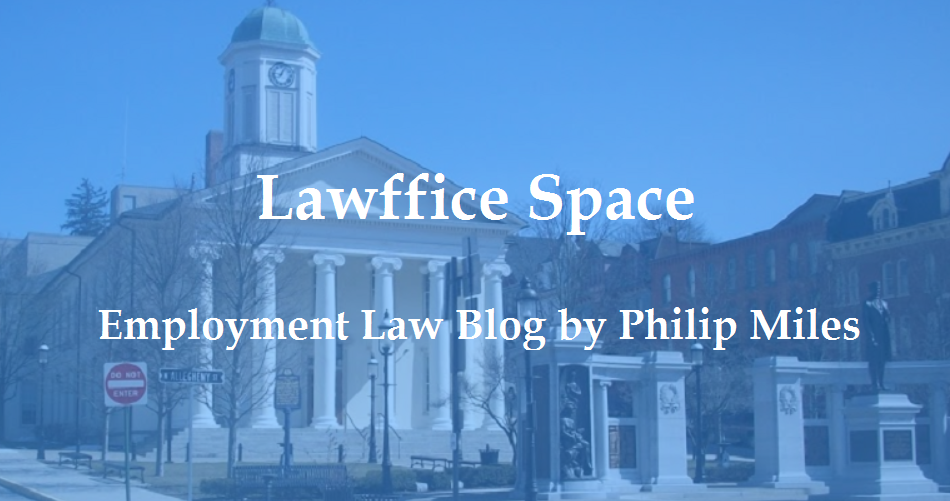First, a brief recap:
- The employer-LLC's sale of its membership interests does not defeat the enforceability of the covenant.
- The employee's termination is a factor but not sufficient in itself to render the covenant unenforceable.
So, if the above two considerations were insufficient to render the covenant unenforceable, what else should the trial court have considered? First, the legal standard:
In Pennsylvania, restrictive covenants are enforceable if:Citing All-Pak, Inc. v. Johnston, 694 A.2d 347, 350 (Pa.Super.1997).
(1) they are incident to an employment relationship between the parties;
(2) the restrictions imposed by the covenant are reasonably necessary for the protection of the employer; and
(3) the restrictions imposed are reasonably limited in duration and geographic extent.
The Court provided a helpful rundown of some practical considerations in assessing the reasonableness of the covenant:
- "[P]ossible adverse effects on [the Employer] that could result from [the Employee's] use of [confidential and proprietary] information on behalf of a competitor;"
- The reasonableness of the two-year duration of the non-solicitation period;
- The Employee repeatedly signing similar agreements with the Employer; and consideration provided by the Employer;
- "[P]ossible negative effects the restrictive covenant may have on [the Employee's] ability to earn a living and support his family;"
- "Is the pool of potential customers so small that [the Employee] would have difficulty developing a book of business on his own?"
- "Are these types of restrictive post-employment agreements standard and customary in the insurance industry?"
Sadly, Lawffice Space Non-solicitation Week is over now, but I'll be back next week with some posts on ADAAA developments and more.
Posted by Philip Miles, an employment lawyer with McQuaide Blasko in State College, Pennsylvania.

No comments:
Post a Comment